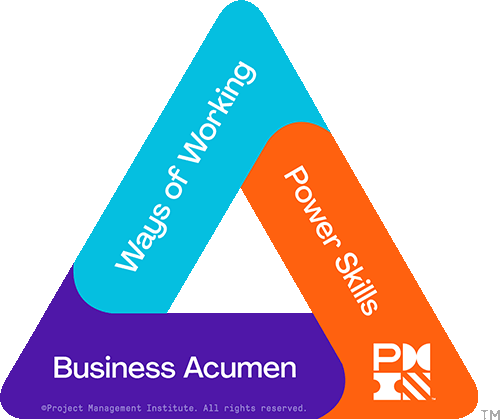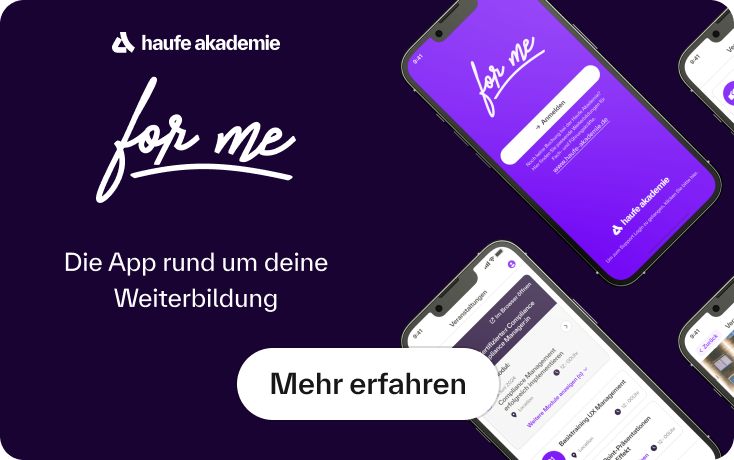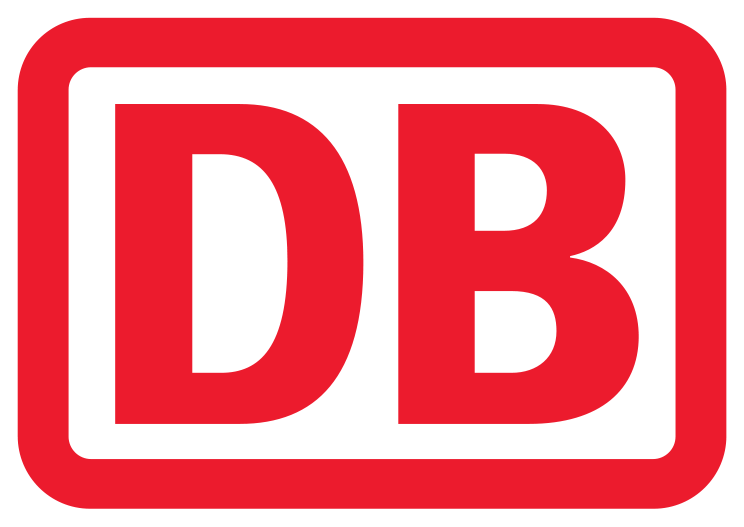Scrum, Leadership & Complexity: Your PMP® booster with PDUs
Update your skills and keep your PMP® certificate active

Contents
Day 1 - Agile project management (Ways of Working)
Agile project management is easy to understand, but not always easy to implement. Especially when classic, process-based project management has been established in the company for years. What about self-organizing teams, the lack of a traditional project management role and other challenges?
Basics, framework conditions and prerequisites for agile PM
- Advantages and challenges of an agile approach at a glance.
Team as a key factor
- Necessary framework conditions for agile teams.
- Responsibility, collaboration, commitment and communication in an agile team.
Get to know and experience Scrum holistically
- Scrum as an iterative approach with rules, values and principles.
- Three artifacts - four events - three roles!
Day 2 - Leadership in classic and agile projects (Power Skills)
What impact does the methodical approach to projects have on the topic of leadership (classic project management or agile approach)? Does a self-organized team need leadership - and if so, what kind?
Leadership at a glance - classic and agile
- Traditional leadership versus agile leadership.
- Changed leadership behavior in agile organizations.
- Maturity model by Hersey/Blanchard - "situational leadership".
Shaping cooperation
- "Team authority" in an agile environment.
- Promoting cooperation within the team.
- Communication as the most important tool.
Constructively resolve conflict situations in the project team
- Characteristic features, escalation dynamics and ways of dealing with a conflict.
Day 3 - Reduce complexity and solve problems better (Business Acumen)
Many projects are increasingly characterized by high complexity: What strategic solution alternatives are there, how can you deal with complexity with confidence?
Dealing with complexity
- What characterizes complexity - and what is a problem at all?
- Areas of tension in today's companies.
Steps of the holistic problem-solving methodology
- Identify problems, understand connections and areas of tension in the problem situation.
- Develop design and control options.
- Assess, implement and anchor possible solutions to problems.
Presenting and practicing further methods for problem solving
Learning environment
In your online learning environment, you will find useful information, downloads and extra services for this training course once you have registered.
Your benefit
- PDU assurance for the PMP® recertification: Collect creditable PDUs in all three areas of the PMI® Talent Triangle - efficiently and practically within just three days.
- Confidently apply agile working with Scrum: You will experience Scrum in action, learn and deepen key practices such as user stories, sprints and retrospectives - and confidently implement agile project management in your company.
- Develop leadership skills for hybrid and agile teams: You will develop modern leadership skills, learn how to lead according to the situation and strengthen teams at eye level - both classic and agile.
- Understand and manage complex projects better: You will receive tools for problem solving and learn to clearly analyze and solve complex interrelationships.
- Immediately implementable tools and new impulses for your everyday project work: You will take away practical methods, interactive exercises and in-depth know-how that will directly improve your project work - from kick-off to retrospective.
Methods
Professional input, individual and group exercises, exchange of experience and moderated discussion, practical case studies, feedback rounds.
PMI and PMP are registered trademarks of the Project Management Institute, Inc.
Recommended for
project managers who have acquired the Project Management Professional (PMP®) certification and want to earn 24 PDUs for their PMP® recertification in three days.
41863
41865
Start dates and details
Wednesday, 06.05.2026
09:00 am - 5:00 pm
Thursday, 07.05.2026
09:00 am - 5:00 pm
Friday, 08.05.2026
09:00 am - 5:00 pm
- one joint lunch per full seminar day,
- Catering during breaks and
- extensive working documents.

Wednesday, 01.07.2026
09:00 am - 5:00 pm
Thursday, 02.07.2026
09:00 am - 5:00 pm
Friday, 03.07.2026
09:00 am - 5:00 pm
Wednesday, 02.09.2026
09:00 am - 5:00 pm
Thursday, 03.09.2026
09:00 am - 5:00 pm
Friday, 04.09.2026
09:00 am - 5:00 pm
- one joint lunch per full seminar day,
- Catering during breaks and
- extensive working documents.

Wednesday, 04.11.2026
09:00 am - 5:00 pm
Thursday, 05.11.2026
09:00 am - 5:00 pm
Friday, 06.11.2026
09:00 am - 5:00 pm
Monday, 01.02.2027
09:00 am - 5:00 pm
Tuesday, 02.02.2027
09:00 am - 5:00 pm
Wednesday, 03.02.2027
09:00 am - 5:00 pm
- one joint lunch per full seminar day,
- Catering during breaks and
- extensive working documents.
- one joint lunch per full seminar day,
- Catering during breaks and
- extensive working documents.










